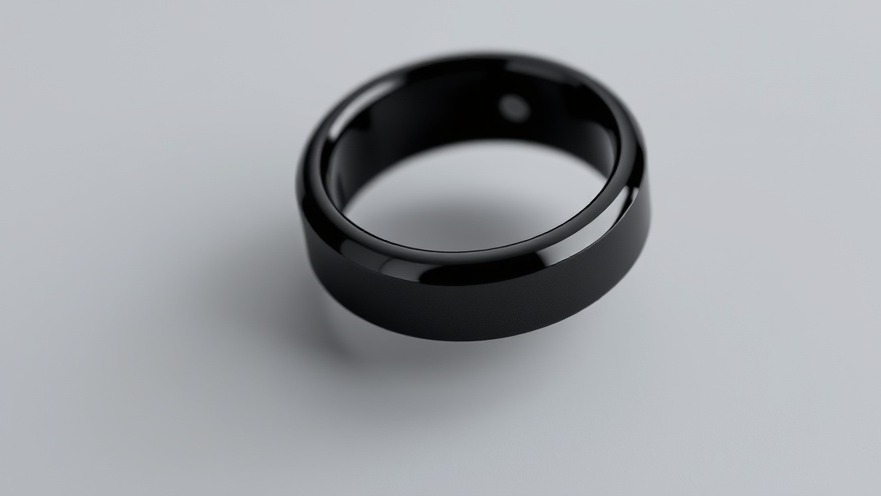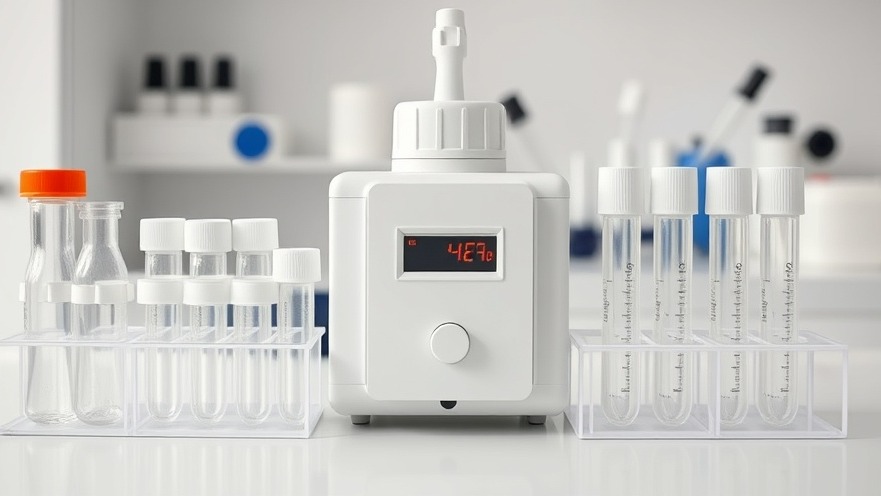
RadNet's Strategic Move in Healthcare Innovation
In a significant development for the healthcare technology sector, RadNet, Inc., a national leader in diagnostic imaging services, has announced its intention to acquire iCAD, Inc. in an all-stock transaction valued at approximately $103 million. This merger is set to strengthen the capabilities of both companies, particularly in the realm of early cancer detection through artificial intelligence (AI).
The acquisition reflects a broader trend in healthcare where technology integration is paramount for improving patient outcomes and operational efficiency. For concierge health practitioners looking to enhance their service offerings, understanding this merger is vital as it could set a precedent for similar strategic partnerships in the future.
Understanding iCAD's Impact on Radiology
Headquartered in Nashua, New Hampshire, iCAD has made significant strides in AI-powered solutions for cancer detection. Their flagship ProFound Breast Health Suite leverages advanced algorithms to provide precise mammography analysis, enhancing both risk assessment and detection rates. As of now, their technology has been utilized to interpret over 40 million mammograms globally, showcasing its effectiveness in enhancing screening processes.
For health practitioners, integrating AI technologies like those from iCAD can transform patient interactions and diagnostic accuracy. With AI's assistance, radiologists are better equipped to make informed decisions quickly, which can lead to earlier interventions and better patient outcomes. As RadNet CEO, Dana Brown, notes, this merger has the potential to empower radiologists by providing them with tools that are efficient and scalable.
A Financial Perspective on Growth
Financially, the merger illustrates a robust growth strategy for RadNet, with the acquisition offering approximately a 98% premium to iCAD's stockholders, based on iCAD’s stock price. Such generous terms highlight RadNet’s confidence in the long-term benefits expected from this integration. For concierge practices, investing in technology that offers both quality and innovation can not only enhance patient care but also improve financial margins through operational efficiencies.
The Future of Cancer Detection and Radiology
As this merger unfolds, it raises important questions about the future of cancer detection and the role of AI in healthcare. Future predictions indicate that the integration of AI in radiology will reshape how health practitioners engage with diagnostic processes. The scalability of AI tools means that practices can provide more personalized and effective care.
Moreover, as more companies adopt similar technology-driven strategies, it will elevate patient expectations regarding the quality and speed of their healthcare experiences. Initiatives that utilize AI, such as those from RadNet and iCAD, could become the standard benchmark for providing services in the industry.
Conclusion: Embracing Innovation for Better Outcomes
The acquisition of iCAD by RadNet signifies more than just a corporate merger; it represents a pivotal moment in the evolution of healthcare technology, particularly in how cancer detection is approached. For concierge health practitioners feeling overwhelmed by technological advancements, this is an opportunity to consider how these innovations can be leveraged within their practices. By integrating cutting-edge technologies, healthcare providers can not only elevate their service standards but also ensure that their patients receive the best possible care.
As these trends unfold, it's essential for health practitioners to stay informed and prepare for the changes that AI integration will bring. Keeping abreast of developments like RadNet's acquisition will empower practitioners to make informed decisions that enhance their practice and benefit their patients. This merger is a prime example of how technology and healthcare can collaboratively advance, making it an exciting time to be in the industry.
 Add Row
Add Row  Add
Add 






Write A Comment